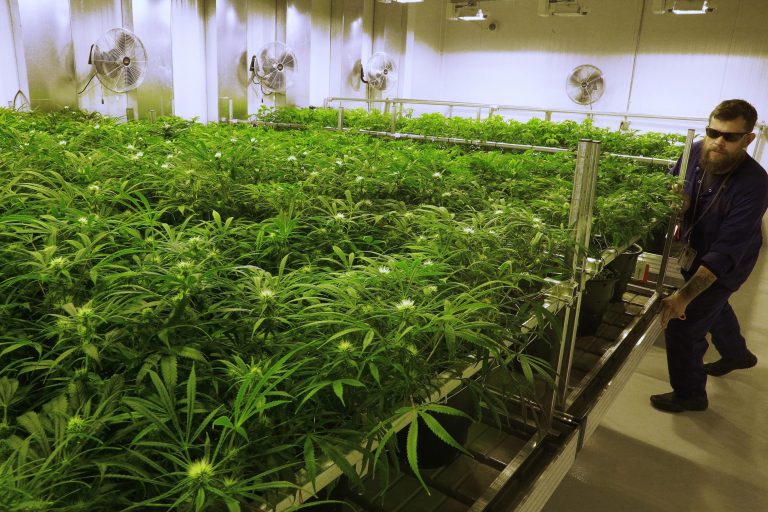
In November last year, GB Sciences Inc. (OTCMKTS:GBLX) agreed to work together with Louisiana State University Agricultural Center focusing on cannabis. Notably, the two institutions would cooperate in research and development on cannabis with a keen eye on its therapeutic properties. The partnership has hit the first milestone with the maiden harvesting of cannabis.
Leveraging the 2018 Farm Bill
Last year, the United States Congress passed the 2018 Farm Bill that removed hemp from the class of controlled substances. This set off an exponential demand for cannabis products. In that light, GB Sciences endeavored to delve into industrial production of the crops. Particularly, the firm aims to plant and process cannabis crops into tinctures which it will deliver to various certified clinics around Louisiana.
According to the firm, the Louisiana Department of Agriculture and Forestry (LDAF) initiated tests on samples of the cannabis crops to certify their safety and toxicity levels. With the first harvest of the crops underway, GB Sciences is counting on LDAF to expedite the audit so that they can begin the production process of the crop.
As per John Davis, President of GBSL, the first harvest and others that will follow will be pivotal in providing raw materials for the very first products since medical cannabis gained legal status. The real winners in this whole exercise are cancer patients and others like those suffering from epilepsy. Further, Davis believes that people suffering from intractable pain should breathe easy because cannabis is the best painkiller.
In a paper GB Sciences co-authored, it was apparent that a certain type of cannabinoid receptor can treat heart disease. The paper, published in Channels, a peer-reviewed journal, brought attention to the “potential life-saving applications of cannabinoids for the treatment of heart conditions through the manipulation of specific-cannabinoid sensitive receptors.”
Interestingly, the research highlighted TRPV1, which is an ion channel that is very sensitive to cannabinoids. Basically, it is a signaling system for a failing heart. Notably, GB Sciences holds a patent that describes methods that leverage TRPV1 to treat cardiac hypertrophy.




